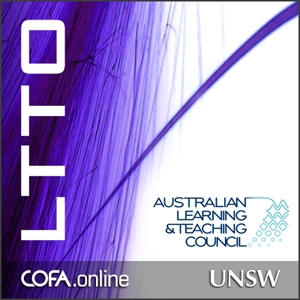
By Holly Evers and Carol Kuhn
If I were a student tasked to design an advisement tool for my advisor that allows her to track my progress and placements or advise me on next steps, all the while being able to keep (and print!) notes of our meetings with ease (the way my physician does), it would look a lot like the Advisement area of Tk20.
This is because Advisement in Tk20 provides faculty with a split screen where they can view:
- Basic information about me (e.g. primary language, email address)
- Details regarding any licensure, previous degrees or any certifications
- Test scores – if I had any – (e.g. MTLE, GRE, Accuplacers)
- Transcripts (minus transfer credits): current and past courses taken
- Placements (e.g. field experience, practicums)
- (most importantly from a student’s perspective), a NOTES section
Regarding courses taken, my advisor is not only be able to see each and every course chronologically (which, granted DARS does), my advisor is able to see them by term (which, from what I can tell, DARS does not do).
Advisement in Tk20 includes this ability so that advisors might assess that I took English 361 (Introduction to Linguistics) and English 473 (Introduction to Phonology) in the same semester. The problem being ENG 361 introduced me to vocabulary, concepts and skills that were critical for my success in Phonology. This mis-step I made could result in a lower grade in Phonology and a lower GPA overall. My advisor could see the potential pitfall and steer me clear, or if the die was cast, encourage me to keep going and seek out the aid of the professor.
Further, if I were a student tasked to design an advisement tool for my advisor I would desire ease of use in mapping my degree. Perhaps a split screen where the left hand side contains my information and the right contains the degree map, making the task of sequencing easier. Truth is: Life Happens. Perhaps I could not take the courses in the recommended ordered due to my work schedule, illness or a life event (birth, marriage, death). The information we discuss would be stored in the notes section, and we could talk about where I am and where I need to be. This would allow my advisor to be my mentor, too.
Having a notes section would allow my advisor similar capabilities as my physician (i.e. keeping notes on our conversations, recommendations, and other pertinent information, which would be available to another physician or nurse, if necessary). Sabbaticals happen. I am not the only one vulnerable to a life event. However, this does not have to result in loss of information or time for either of us.
If I were a student tasked to design an advisement tool for my advisor that allows him to track my progress and placements or advise me on next steps, all the while being able to keep (and print!) notes of our meetings with ease (the way my physician does), it would look a lot like the area of Advisement that already exists in Tk20!







